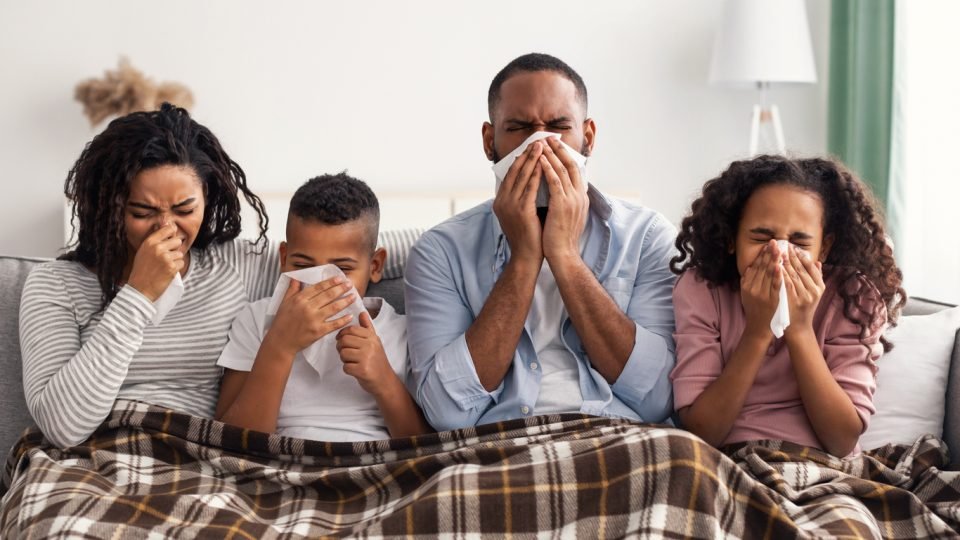
<!DOCTYPE html PUBLIC "-//W3C//DTD HTML 4.0 Transitional//EN" "http://www.w3.org/TR/REC-html40/loose.dtd“>
By zp7op | Contributor
Another season of coughs and colds is upon us, and while there’s no guaranteed method to avoid troublesome germs, taking preventive measures and prioritizing self-care can enhance your well-being.
Catching a cold or flu can happen any time of the year, but these illnesses tend to be more prevalent during the colder months.
“As much as we all wish for a fast remedy for the common cold, sadly, one does not exist,” noted Ian K. Smith, MD. “Nevertheless, there are numerous approaches you can undertake to alleviate cold and flu symptoms, including utilizing over-the-counter medications. These can offer immediate and essential relief.”
Minimize your risk of contracting a serious illness this cold season by adhering to the following recommendations from the experts at Mucinex:
Prioritize Handwashing.
Regular handwashing is a crucial preventive measure that can greatly reduce your chances of falling ill. In fact, the Centers for Disease Control and Prevention likens effective handwashing to a “do-it-yourself vaccine.” Make sure to wash your hands frequently with soap and water for about 20 seconds, particularly when handling food, caring for someone who is unwell, or after using the restroom.
Embrace Overall Wellness as a Lifestyle.
Incorporating healthy habits into your daily life ensures that your body is better equipped to fend off potential germs and effectively manage illness if you do get sick. A balanced diet, including appropriate portions from all major food groups, ensures you obtain the required nutrition and nutrients. Engaging in regular physical activity can strengthen your immune system. Additionally, getting sufficient sleep and staying hydrated are essential for preparing your body for any seasonal challenges.
Prepare Your Health Supplies.
If illness strikes, it’s best to recuperate at home, meaning you should have essential supplies readily available, such as over-the-counter medications for managing cold and flu symptoms. Check your supplies for any expired items from the previous year. Create a shopping checklist to combat common cold and flu symptoms, including pain relievers, fever reducers, decongestants, antihistamines, throat lozenges, and cough suppressants, as well as ample facial tissues, a functional thermometer, humidifier, and more. Don’t forget to restock hand sanitizer and disinfectants to protect your family.
Alleviate Annoying Symptoms.
When you’re feeling unwell, addressing your symptoms can provide relief and allow your body the rest it needs to recover. A cough is a typical cold symptom, and treating the chest congestion inducing that cough can be quite beneficial. For instance, Mucinex Extended-Release Bi-Layer Tablets, recognized as the top recommended expectorant by pharmacists, are clinically proven to relieve chest congestion and thin mucus, enhancing cough productivity for up to 12 hours. If symptoms continue, consult your healthcare provider.
Contribute to Preventing Germ Spread.
If you do become sick, you can take measures to safeguard those around you. Simple actions like covering your mouth and nose with a tissue while coughing or sneezing, or using your elbow when no tissue is available, can effectively curb the transmission of germs. It’s also vital to wash your hands thoroughly and maintain distance from others to prevent spreading your illness.
For further advice on illness prevention and personal protection during this cough and cold season, visit Mucinex.com.
Editor’s Note: This content is not intended to be a substitute for professional medical advice, diagnosis, or treatment, and does not constitute medical or other professional advice.






